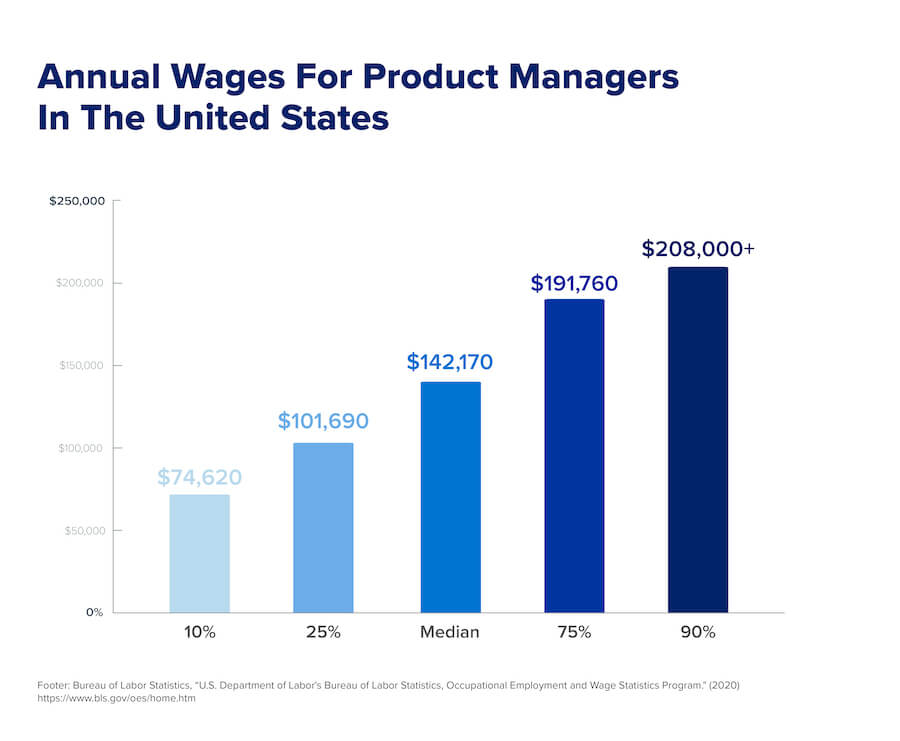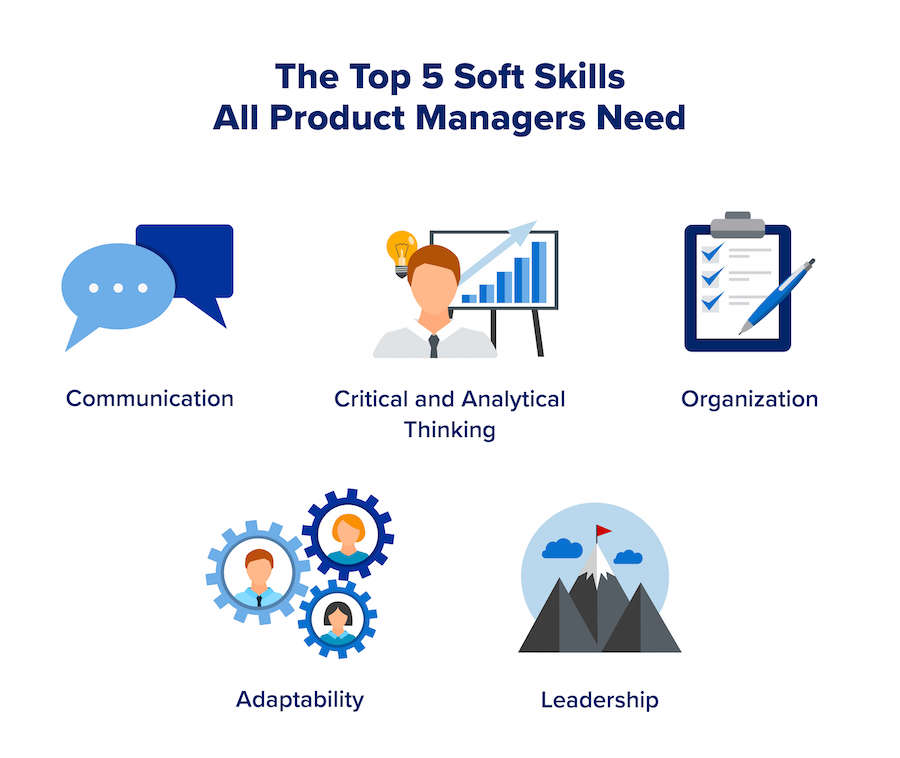FAQs
Still confused about aspects of product management? Here are a few frequently asked questions pertaining to the field and its necessary skills:
What is a Product Manager?
A product manager is responsible for a variety of strategic, tactical, and logistical elements related to a product’s development and release. Product managers are typically present in the planning, manufacturing, and retrospective analysis stages of a product’s life cycle. They create and maintain product roadmaps informed by market research and data insights.
How can I improve my product management skills?
To hone (or initially learn) key product management skills, one should consider the field’s three primary educational pathways: bootcamps, traditional degrees, and self-guided options. A product management bootcamp tends to be the most comprehensive and hands-on of these options, offering a relatively expedited learning process that simulates real-world experience via practical instruction. However, degrees and self-taught methods hold their own benefits for those wishing to learn in different environments.
What does a Product Manager do?
Key product manager skills often include, conducting market research, helping define the overall product vision and requirements, formulating strategies for a product’s release, helping construct revenue models to determine product pricing, and analyzing user feedback and data to spur better decision making. Furthermore, product managers act as leaders, liaisons, and organizational gurus to keep their products’ development efficient and on pace.
Do product managers need to code?
There is no rule stating product managers must be versed in coding, and the constructive use of such skills will often depend on the company or product development cycle in question. That said, a product manager can never have too many technical skills, and coding can be beneficial on several fronts — such as database navigation and the understanding of development interfaces. These skills are not necessarily vital to all product management roles, but they can only make you more marketable when pursuing new positions.
Is product management a good career?
Product management is currently a strong career path — in fact, according to CareerOneStop, job opportunities within the general marketing management industry are “very likely” to be available in the future, with a projected employment growth rate of 7 percent by 2029. The median salary for marketing managers (a general term which includes product managers and brand managers) in the United States was $142,170 as of 2020. When paired with the job’s opportunities to exercise different skills and gain new experiences, this outlook makes product management a rewarding field for interested professionals.


 Live Chat
Live Chat

